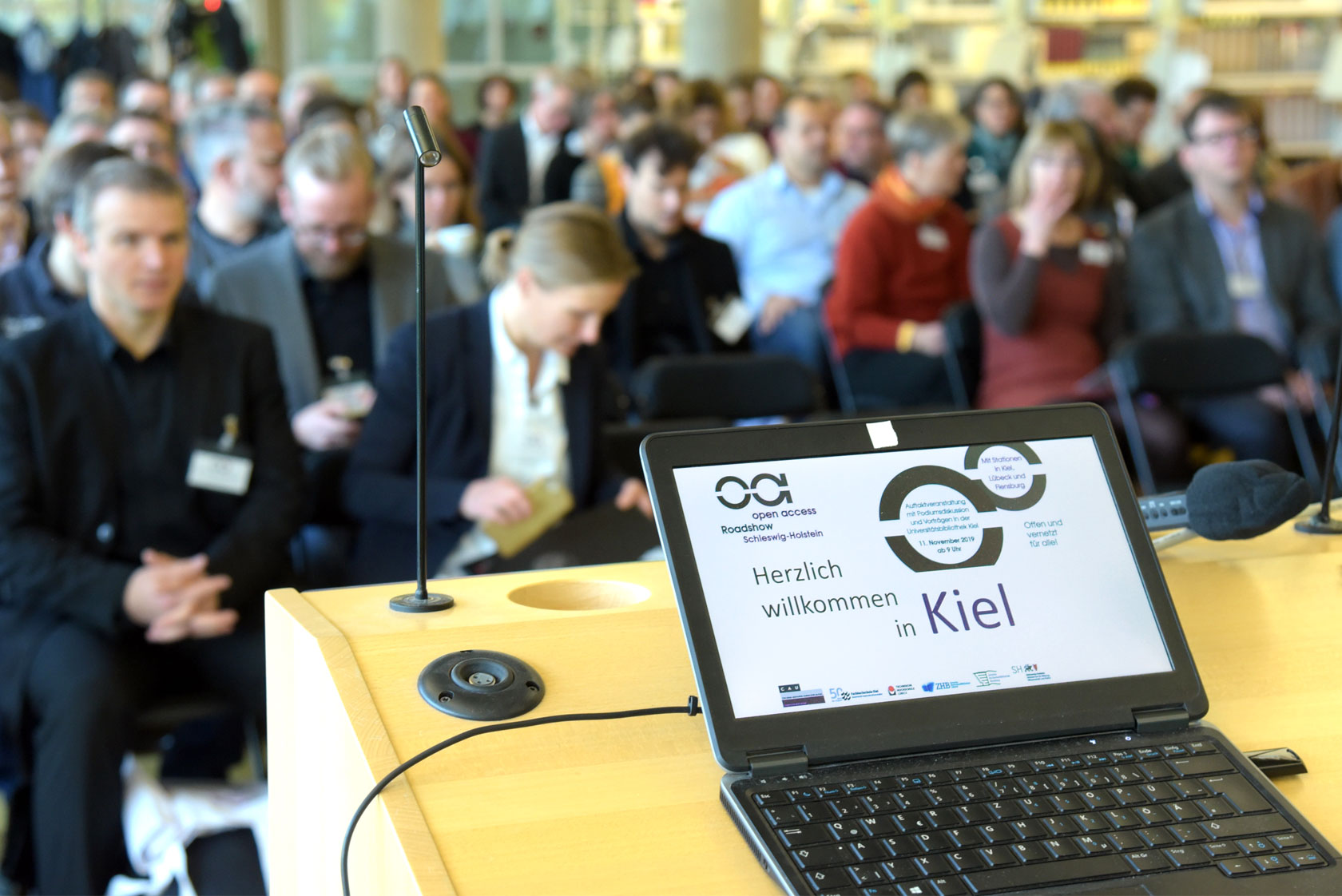
Open Science Strategy: TU Delft Aims at the Pole Position for the Open Era
The TU Delft has recently released its open science strategy and has expressed the ambition to be a frontrunner in this area. We take a look at the topics and the management approach it has chosen in order to prepare its staff and students for research and education in the open era.
by Birgit Fingerle
The Executive Board of the Delft University of Technology (TU Delft) endorsed the Open Science Programme 2020 – 2024, “Research and Education in the Open Era” at the end of November 2019. With its open science programme the TU Delft aims to make open research and education a standard for research and education over the next four years.
Open Science Programme is based on five thematic pillars
The TU Delft Open Science Programme 2020-2024 will facilitate and stimulate scientists to embed the principles of open science in their work. It is based on five interrelated projects:
- Open education: Supporting teachers in doing open education by offering training, a central help desk for open educational resources, tools and infrastructures, for instance for sharing and reusing teaching materials.
- Open access: Supporting the extension of the focus of open access to books, conference proceedings, reports, reviews and educational resources by addressing policy and infrastructure aspects relating thereto.
- Open publishing platform: Developing a publishing platform and complementary services to enable TU Delft researchers and teachers to publish openly.
- FAIR data: Fulfilling the actual needs of researchers in managing their research data by for instance exploring new roles like data manager in a pilot project.
- FAIR software: Fostering the openness of research software by developing and facilitating aspects like policy, infrastructure and organizational culture. Running a pilot project with research software engineers who support scientists in order to fulfil this goal.
Three cross-cutting themes foster the open science implementation
The five projects are linked and fostered by three cross-cutting themes necessary for its successful implementation:
- Rewards and recognition for open science practices: To recognize and reward the open science efforts of researchers and teachers is critical for fostering open science practices and will also support cultural change. Therefore corresponding tools and initiatives will be developed.
- Building successful collaboration with third parties (industry): Developing guidelines, policies and regulation to support dealing with issues or opportunities that arise when collaborating with third parties.
- Development of skills for open science: (Further) developing open science skills of researchers, teachers, students and support staff by for instance creating an overview of the skills needed, connecting the existing training modules, developing new courses and offering a tailor-made training for open science skills.
Programme outputs will be as FAIR as possible
In addition, the programme will also explore the role of citizen science for the TU Delft and the feasibility of an open science lab.
The programme has a budget of three million euros for its four year life span. Not included in this budget are costs linked to realizing the change within the existing organization (for instance staff or infrastructure in the faculties and university services). Furthermore, if the exploration of citizen science and an open science lab leads to its incorporation in the programme the project costs will increase correspondingly.
The outputs of the programme will be as ‘FAIR’ as possible themselves. Not only are the TU Delft researchers, teachers and students supposed to benefit of the results of these projects but also the general public.
Thought out management approach might serve as a role model
The document defines roles and responsibilities of the persons involved in the Open Science Programme 2020-2024. Chair of the steering committee which leads the TU Delft Open Science Programme 2020-2024 is its library director Wilma van Wezenbeek.
The programme contains specific goals that serve as touchstones for its successful implementation.
A business case included will be used to regularly assess the programme’s initiation and its on-going viability. In an exemplary manner, the major risks to the programme, like capacity problems in terms of staff and priority problems, were being assessed and measures for mitigation were developed.
The TU Delft has also formulated the management approach it has decided to follow: Managing Successful Programmes.
The TU Delft expresses the ambition to be the frontrunner in fostering open science within its institution. With the transparent open science strategic plan just published it is already on a good way to serve as a role model. It seems to be well thought out and contains a lot of useful background information. Thus, it could be a gold mine for other universities and other research institutions when formulating their open science strategies.
Further information:
View Comments

Open Access Roadshow: Open and Connected for Everyone!
"Open and connected for everyone!" With this slogan, the Schleswig-Holstein...



